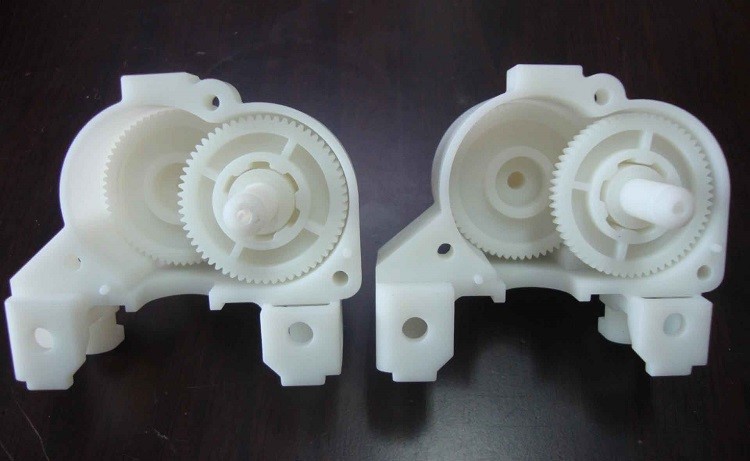
In this new technological development era, all the modern innovations have made a complete change when it comes to the workings of almost all the brands and businesses. If you want your business to thrive, it is necessary that you and your business evolve around digital innovation. Apart from that, you would also want to scale and review your internal venture like environments, and also keep offering new and advanced products along with services to your clients.
Definition of rapid
prototyping
Prototyping
is a process to find out and validate the possibilities that if the product
would be capable to solve the problem that it is required to solve or not. A
prototype must be something real enough so that the potential users can
interact with it and give their valuable feedback about it.
In
case the feedback about the prototype turns out to be negative, then the
company is saved from investing more time and money in the making of the
product that doesn’t perform or meet the demands of the consumers. But if the
prototype receives positive feedback, it shows that the concept of the product
is accurate and investing further resources in the making of an advanced
product would not be a waste.
The
term rapid
prototyping, as the name suggests, is used to mean the
speed with which a prototype is developed. Not only that, but also how quickly
the feedback can be collected and synthesized, and how fast the following
process can be repeated. Rapid prototyping services are considered to be quite
useful in many industries and have a wide range of applications such as in
marine, robotics, automotive industry, and consumer products.
Benefits
associated with rapid prototyping
The following are some of the benefits of rapid
prototyping services.
·
Realize the design concept:
Rapid
prototyping services from a reputable company allows you to go beyond just the
virtual visualization of the product you want to create, hence making you feel
and understand the looks and functions of the design for real.
· Ability to make changes instantly:
If you have a physical model ready at your disposal, it makes it fairly easier
for you to incorporate immediate changes if you receive any critical feedback
from your customers. Before finalizing the design, there needs to be a lot of
iterations done to make the product perfect for the market. With each iterative
process, it develops the design further and builds confidence among the
customer as well as the designer.
· Minimize design flaws:
A
prototype enables the designer to identify the defects in the design before
producing the product in bulk. The materials that are used in additive
manufacturing have almost the same properties and the strength of the real and
final product in mind. With this, the design of the product is put to test,
helping you to identify the faults and get them fixed appropriately before
finalizing the product.
By now, you would be aware of what rapid prototyping services involve and what are the benefits associated with it.
















